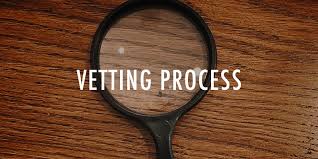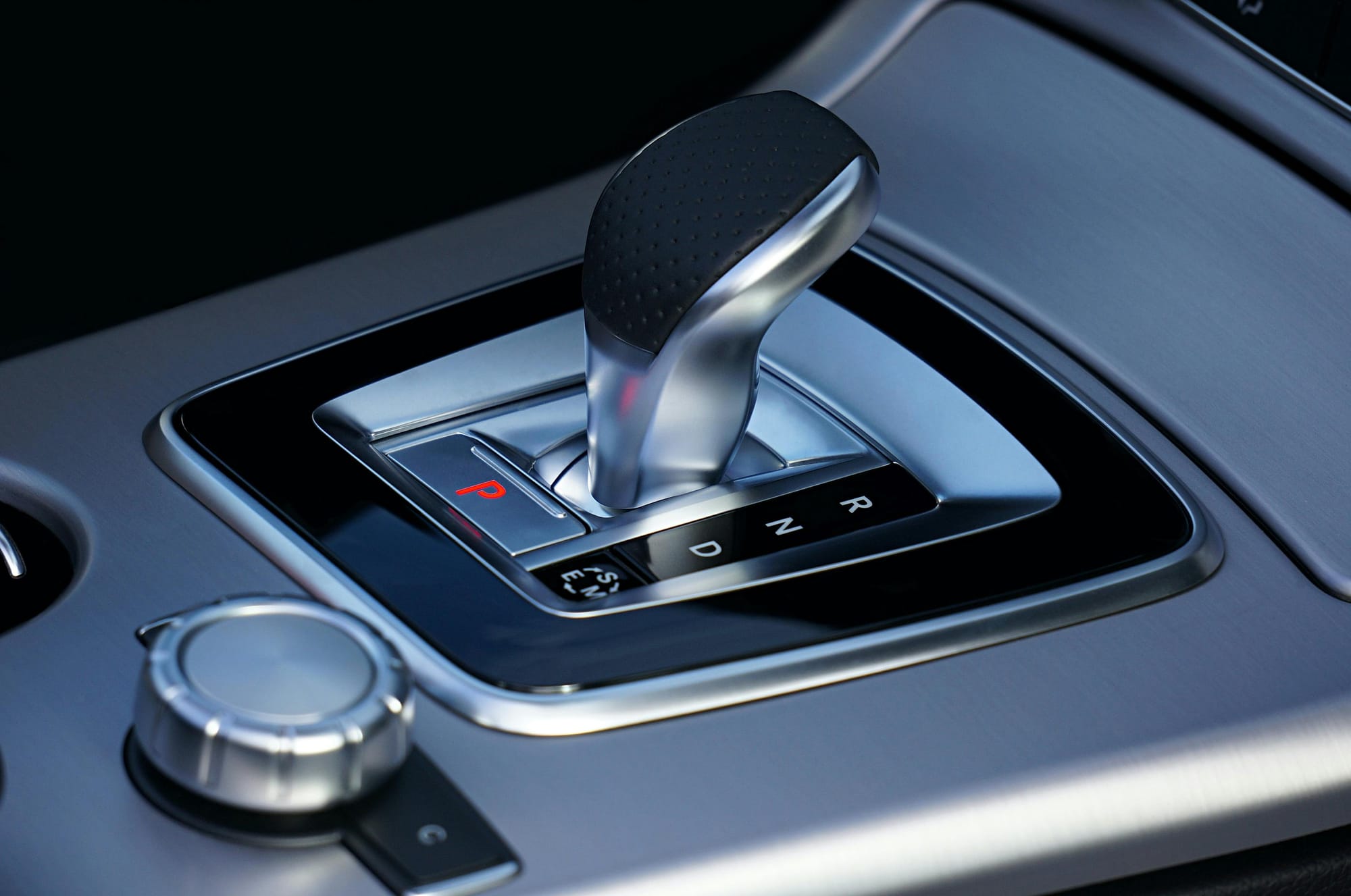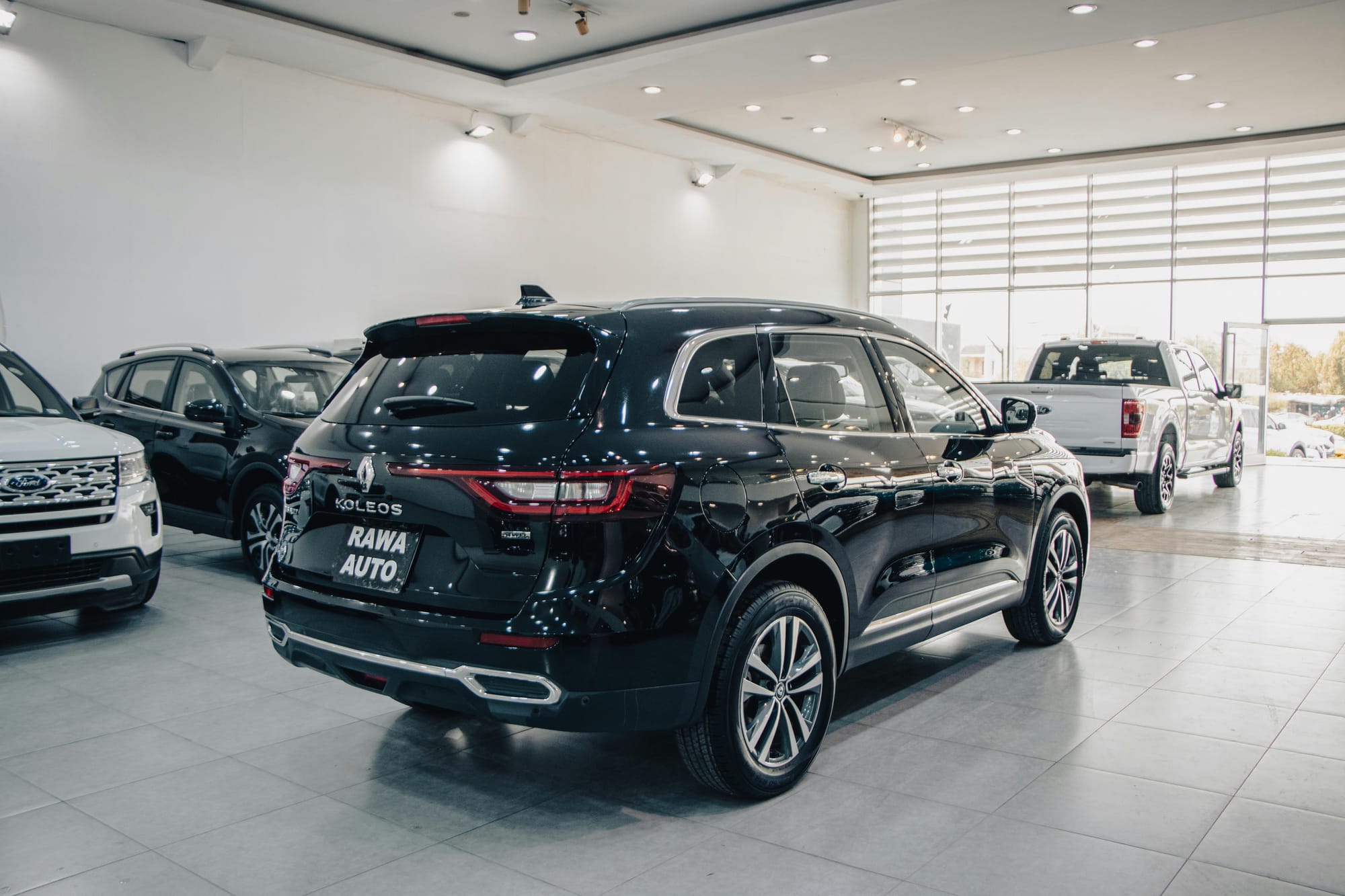Buying a Car in Kenya: Local vs. Import

When it comes to purchasing a car in Kenya, buyers often face the dilemma of choosing between locally available vehicles and importing cars from abroad. Each option has its unique advantages and disadvantages, and understanding these can help you make an informed decision. This article will delve into the pros and cons of both choices, offer guidance on vetting dealers and importers, and explore the
processes involved in registering both types of vehicles.
Table of Contents
- Overview of Buying Cars in Kenya
- Pros and Cons of Locally Available Cars
o 2.1 Advantages
o 2.2 Disadvantages - Pros and Cons of Importing Cars
o 3.1 Advantages
o 3.2 Disadvantages - Vetting Local Car Dealers
- Vetting Car Importers
- Situations Favoring Imports
- Situations Favoring Local Purchases
- Government Registration of Local vs. Imported Cars
- Ensuring Mechanical and Aesthetic Soundness When Importing
o 9.1 Conducting Research
o 9.2 Utilizing Technology - Conclusion
1.Overview of Buying Cars in Kenya
The decision to buy a car is significant and can affect your finances for years. In Kenya, the market is diverse, with numerous locally available cars alongside options for importing vehicles from various countries. Each choice comes with its own set of criteria that can affect your experience, budget, and long-term satisfaction.
2.Pros and Cons of Locally Available Cars
2.1 Advantages
- Immediate Availability: Locally available cars can be purchased and driven home on the same day, which is convenient for buyers in urgent need of transportation.
- Easier Financing Options: Local dealerships often offer financing solutions tailored to the Kenyan market, including hire purchase agreements.
- Familiarity with Local Regulations: Local dealers are well-versed in Kenyan registration requirements and can help navigate the process smoothly.
- Warranty and After-Sales Service: Many local dealerships provide warranties and maintenance services, offering peace of mind for buyers.
2.2 Disadvantages
- Higher Prices: Locally available vehicles can be more expensive due to added taxes and dealership markups.
- Limited Choices: Depending on the market demand, local dealers may have a limited selection of makes and models, restricting your options.
- Potential for Overpriced Vehicles: Some local dealers may price vehicles higher than their market value, especially for popular models.
3.Pros and Cons of Importing Cars
3.1 Advantages
- Wider Selection: Importing allows access to a broader range of makes, models, and specifications, including those not available locally.
- Potential Cost Savings: Depending on the vehicle’s country of origin, you might find better prices for similar models than those available locally.
- Unique Features: Imported cars may come equipped with advanced technology or specifications that are not offered in locally available models.
3.2 Disadvantages
- Lengthy Process: Importing a car involves various steps, including shipping time, customs clearance, and compliance with local regulations, which can be frustrating.
- Higher Shipping and Duty Costs: The costs associated with shipping and clearing customs can add up quickly, potentially negating any savings.
- Lack of Local Warranty: Imported vehicles may not come with warranties recognized by local service providers, leading to potential maintenance challenges.
4.Vetting Local Car Dealers
To ensure a positive buying experience, vet local car dealers by considering the following:
- Reputation: Research online reviews, testimonials, and ratings to gauge the dealer's reliability.
- Experience: Choose dealers with a long-standing presence in the market, as they are likely to be more trustworthy.
- Transparency: A reputable dealer should provide clear information regarding the vehicle's history, pricing, and financing options.
- Customer Service: Observe how the dealer interacts with customers; good communication is vital.
5.Vetting Car Importers

When choosing an importer, follow these steps:
- Check Credentials: Ensure the importer is licensed and registered with relevant authorities, such as the Kenya Revenue Authority (KRA).
- Experience in the Field: Look for importers who have been in business for several years and specialize in your desired vehicle type.
- Previous Client Feedback: Seek references from previous clients to assess their satisfaction with the importer's service.
- Documentation: Ensure the importer provides all necessary documentation, including import permits and customs clearance paperwork.
6.Situations Favoring Imports
- Specific Model Requirements: If you're looking for a rare model or specific features not available locally, importing may be your best option.
- Budget Constraints: In some cases, importing a used car from a country with lower prices may be more economical than buying locally.
- Desire for Newer Models: If you want the latest models or features, importing can give you access to vehicles that may not yet be available in Kenya.
7.Situations Favoring Local Purchases
- Urgency: If you need a vehicle quickly, purchasing locally is far more efficient.
- Easier Financial Processes: If you prefer financing options that are easier to access through local dealerships, buying locally is advantageous.
- Less Risk of Hidden Issues: Local purchases can reduce the risk associated with hidden mechanical problems that might not be apparent when buying from overseas.
8.Government Registration of Local vs. Imported Cars
The registration process differs significantly between local and imported vehicles. Locally purchased cars typically come with a straightforward registration process managed by the dealer, including all required documentation. In contrast, imported vehicles require additional steps, including:
- Customs Clearance: Imported vehicles must be cleared through customs, which involves payment of import duties and taxes.
- Road Worthiness Inspection: Before registration, imported cars may need to undergo a roadworthiness inspection to ensure compliance with local regulations.
- Compliance with Local Standards: Imported vehicles must meet Kenyan standards, which can involve modifications.
9.Ensuring Mechanical and Aesthetic Soundness When Importing
9.1 Conducting Research
Before importing, research the specific make and model, looking into common issues, maintenance records, and reviews. Join online forums and communities where you can gather insights from other owners.
9.2 Utilizing Technology
- Online Inspections: Some companies offer virtual inspections where you can get a comprehensive review of the vehicle through photos and videos.
- Hire an Inspector: Consider hiring a local mechanic or vehicle inspector in the country of origin to conduct a physical inspection and report on the car’s condition.
Conclusion
Choosing between a locally available car and importing one requires careful consideration of your individual needs, budget, and preferences. Each option presents its unique set of advantages and challenges. By thoroughly vetting dealers and importers, and understanding the registration processes and checks involved, you can make an informed decision that suits your circumstances and ensures a
satisfactory vehicle purchase experience. Whether you choose to buy locally or import, being well-informed is key to a successful transaction.
Remember, If you need quick and transparent financing, contact us through our contact form, call us on +254791573231 or visit one of our branches across Nairobi, Kiambu, Machakos, and Kajiado counties to explore your financial opportunities.




Comments ()